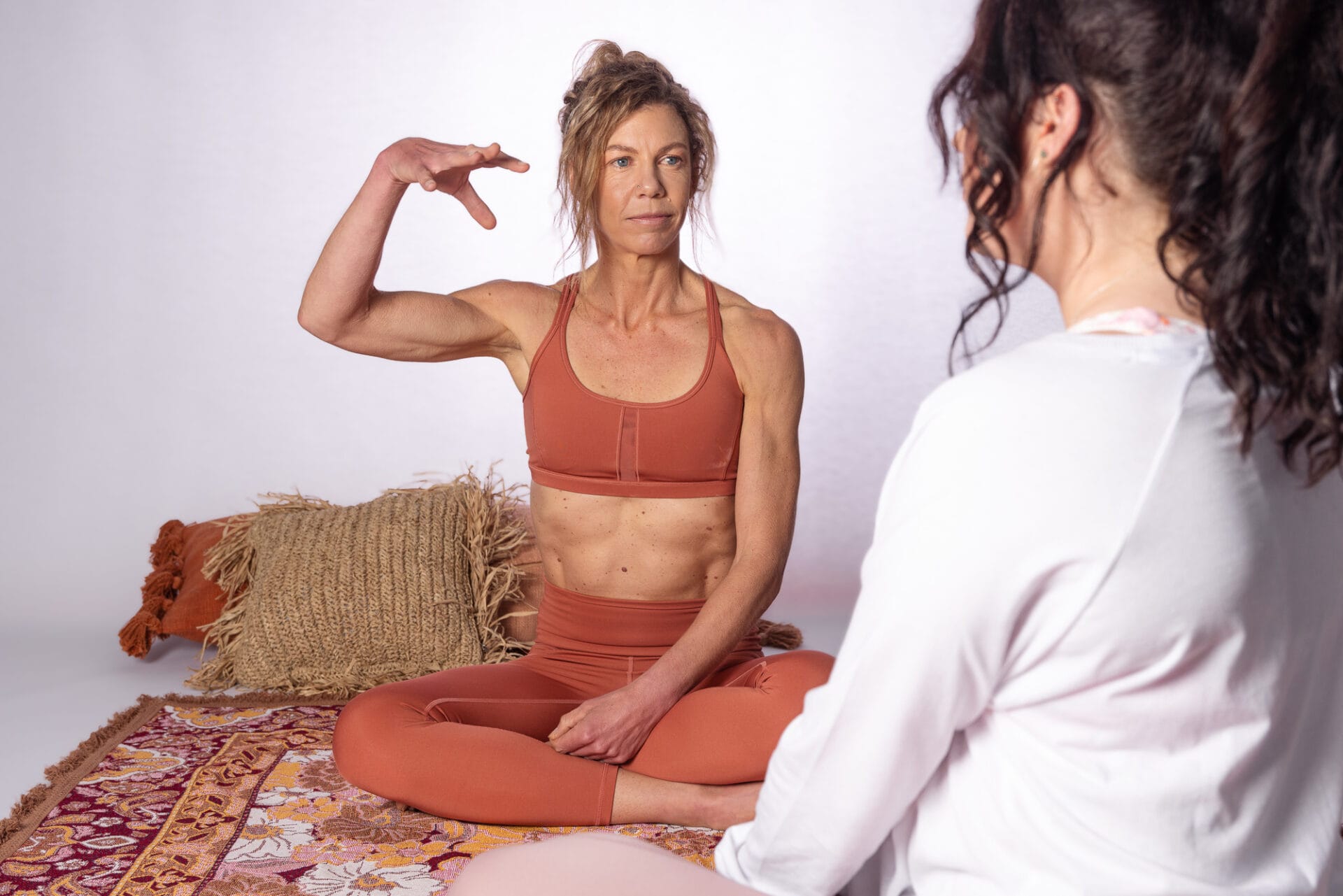The link between diet and depression
Clare Marcangelo is one of our amazing Healthy Mummy wellness experts. In a recent podcast, she explores the link between diet and depression. You can hear more about this topic in her podcast on the 3 Day Anxiety Program.
Feeling confident and having positive self-esteem doesn’t necessarily come naturally to many people, sadly.
We live in an age of social media, comparing ourselves to celebrities and feeling like we don’t measure up because of our distorted view of the world, only seeing what other people are doing and achieving – which is largely false or at least filtered.
How we feel about ourselves may stem from various things, such as our experiences in childhood as well as expectations of ourselves.
However, one thing that is often overlooked when it comes to our self-confidence, is our diet and how nutrition has a direct effect on our self-esteem.
Low self-esteem happens to all of us
Clare Marcangelo is a qualified nutritionist who specialises in child and family health spoke in a recent podcast on the 3 Day Anxiety Program about this. She is also a qualified sleep consultant, so understands the impact sleep has on energy, health and wellbeing.
Interestingly, she says low self-esteem is something we can all suffer from at some point in our lives and women who are in the early stages of motherhood tend to be more susceptible to it.
Maybe new mums put more pressure on themselves than anyone else – to keep the house clean, to have a better-behaved child, to lose the baby weight and work, look after children and juggle it all?
“It’s fair to say, there can be historical factors and other things that have contributed to our self-esteem throughout our life, and these things can drive our perception of the world and ourselves,” she says.
“But we do have a tendency to look at environmental factors and put a big emphasis on them. We feel guilty and even shame ourselves for shaming ourselves!”
“Maybe there’s a reason that’s driving us to feel this way? What if part of it is to do with something happening inside our bodies, rather than being our fault? The reason we are feeling this way could actually be down to the chemicals in our brain.”
For the full podcast, check out the 3 Day Anxiety Program.
There’s a link between diet and depression

Clare says if we aren’t feeling good about ourselves then we aren’t producing enough serotonin, the feel-good hormone, which stabilises our mood and controls our wellbeing and happiness.
If your mood is low, Clare suggests the first place you should focus on is your gut, and what is being absorbed. If you have an impaired gut function, like trouble going to the toilet or feeling sluggish and bloated, then you may have trouble absorbing nutrients properly.
“Without the right nutrition, you won’t be able to make the neurotransmitters in your brain, like serotonin, which help you feel good about yourself,” says Clare.
“This is why new mums tend to feel like this. After having a baby, their body is depleted of essential nutrients. But rather than address that, women are expected to just soldier on and we normalise it”.
“It’s time we stop and support ourselves the best we can. We may not feel like we have the time to eat well or sleep and then it’s a vicious cycle, as we are too tired to make good healthy food choices.”
Improving our diet can also help improve our mood

There’s a tendency to reach for sugary snacks when we are tired and hungry, but the reality is these refined sugar snacks aren’t going to keep you full for long, as your body burns straight through them. The sugar highs then lows can also leave you feeling imbalanced.
By improving what we eat and really thinking about what we are putting into our bodies and eating regularly, we could help boost our mood and in turn improve our self-esteem. This is especially important for new mums, who are often isolated at home with a baby.
Clare suggests new mums ask someone to help make them dinner, or double batch cook dinners and freeze meals.
“Rather than just try and get through those zombie-like first few years, it’s worth taking a step back and making sure you are getting enough vitamins in order to support yourself,” says Clare.
“Instead of a chocolate bar, because it’s easy, try nuts, seeds, avocados, olive oil, raw slice, recipes, nut butters and bliss balls. Good fats that keep you full but also help make optimal amounts of neurotransmitters.
“It will give you the energy to feel better. If you feel you don’t have time to make oats for breakfast, then make a smoothie or add some strawberries to your meal. Just one good thing a day for yourself can stop the cycle of low self-worth.”
Small tweaks can make a huge difference

Taking a supplement is also another good option when you are time poor or unable to make a healthy meal.
“It doesn’t matter what diet you follow, these small tweaks can make a huge difference,” says Clare. “The more we support our gut function and consume foods to help improve our sleep, body and mind, the better we will feel in the long run.”
Here’s a quick recap on how we can help improve our self-esteem:
- Consider what we are putting into our bodies when we are feeling down
- An impaired gut function could mean you aren’t getting enough nutrients
- Try making food and freezing it for when you are too busy to cook or make double-batch dinners
- Take supplements if you don’t have time to focus on your nutrition
- Prioritise yourself when you can
- Making one small change a day is a step in the right direction










